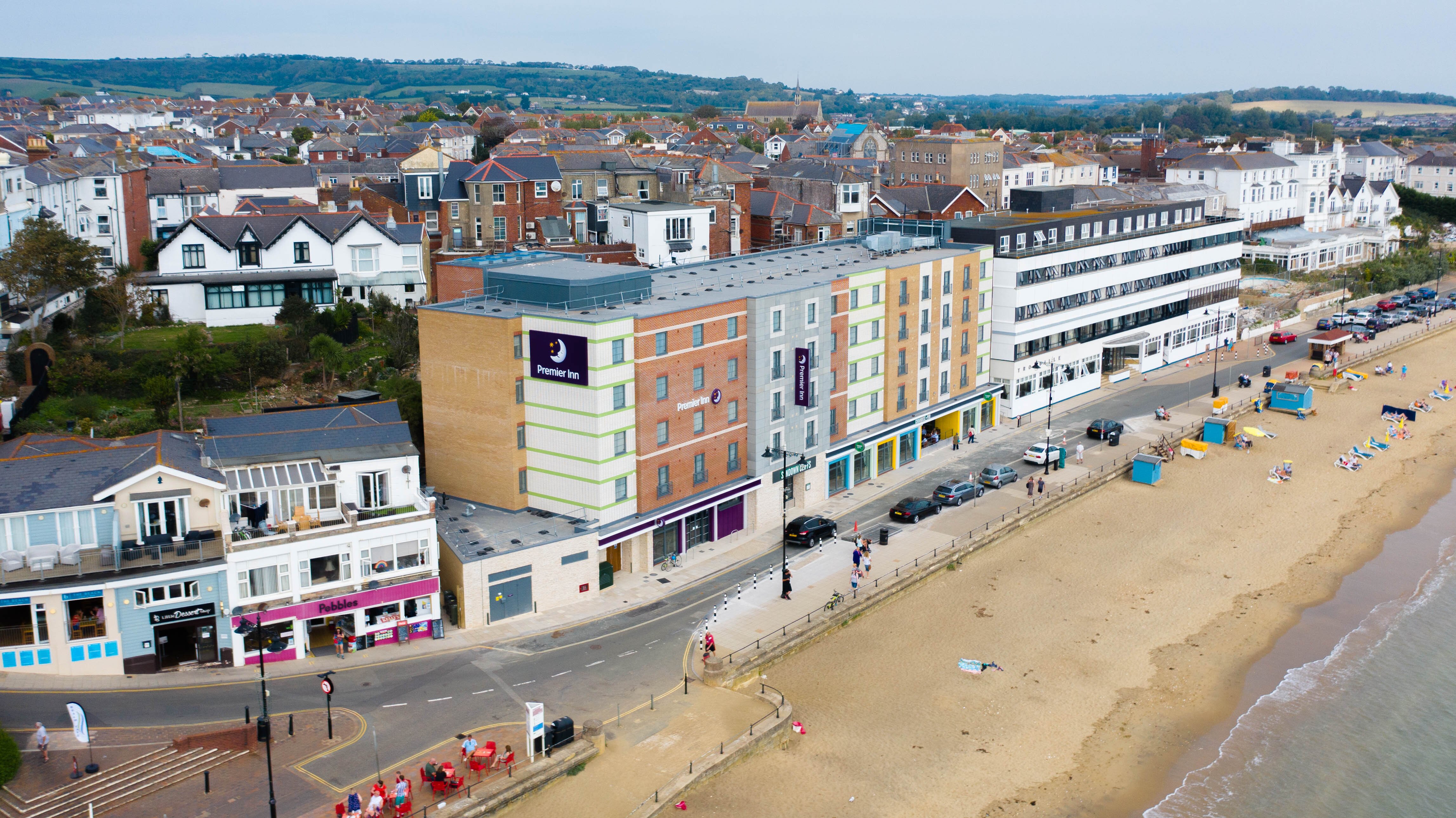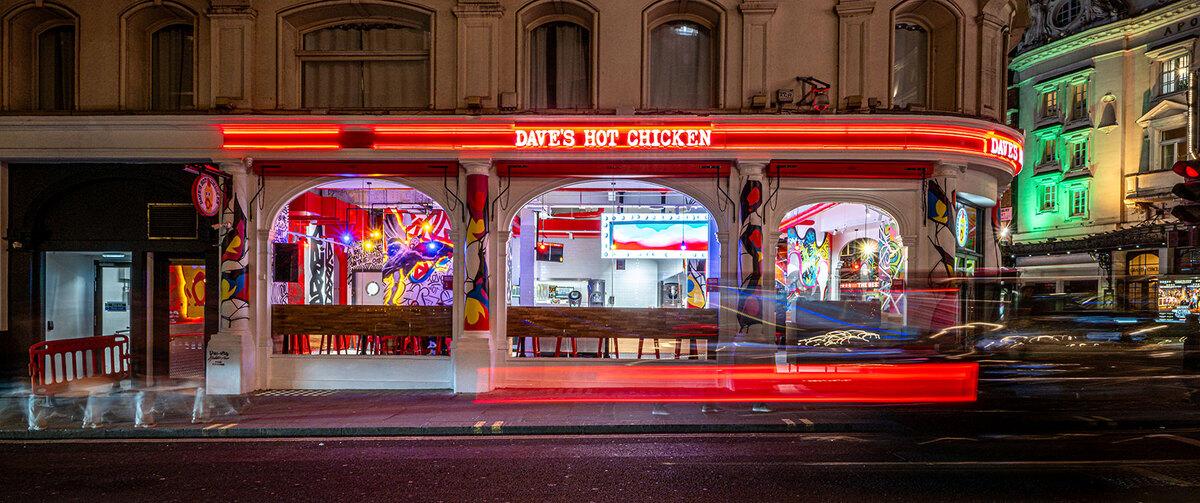Hotels report bookings surge following roadmap announcement
Data suggests accommodation providers are in for a staycation boom when permitted to reopen this year, as bookings surged in the immediate wake of the reopening roadmap announcement.
The prime minister announced on Monday that hotels in England could be permitted to reopen as soon as 17 May. Following this, hotel marketing service Profitroom saw a 307% year-on-year increase in bookings for UK properties compared to 22 February 2020.
Furthermore, the number of nights booked per stay was up by 605%, suggesting guests are booking longer stays. Direct bookings also increased by 685%.
Samantha Williams, UK market owner at Profitroom, said: “While we were expecting a surge in bookings, this has gone way beyond our expectations – and it’s fabulous news for hotels. After months of reduced revenues, this will be a hugely welcome boost, with advance bookings helping to inject vital revenue that should, hopefully, enable hotels to make it through to the reopening date.
“Of course, hotels still face a very challenging few weeks ahead of 17 May, but these early signs show enormous promise, and we hope that the crisis for hotels now shows signs of coming to an end. With direct bookings also increasing (a trend we’ve seen since the start of the crisis), hotels will also be able to enjoy more revenue per booking – a development which will be hugely beneficial as they look to recover from these challenging months.”
However, Oyo Hotels has reported a shorter average length of stay for this year’s guests, with an average stay of 2.6 nights compared to 3.4 nights in 2020.
The group, which has 200 properties operating under its brand in the UK, reported a 100% increase in bookings for its UK hotels on Tuesday, which rose by a further 20% on Wednesday, with over a quarter of its bookings targeting London properties from May to September.
Rishabh Gupta, head of Oyo Hotels, Europe and UK, said: “We are delighted to see the immediate impact on consumer confidence of the clarity provided by the roadmap. The pent-up demand is clear to see from the booking patterns we’ve seen this week, which show people are keen to travel again as soon as they can.”
Half of Oyo’s bookings were for beachside resorts, including Newquay, Brighton, Bournemouth, Isle of Wight, Eastbourne and Tenby.
Premier Inn has also said it has seen an increase of almost 400% in searches on its website for coastal location stays in May, a 330% increase for July and 240% for August compared to last week.
Meanwhile, aparthotel operator Staycity saw bookings across its 11 UK properties rise 333% in the 24 hours after the announcement compared with the previous week, with £312,000 worth of business taken on Tuesday alone. London, Birmingham and Manchester proved the most popular destinations.
Staycity co-founder and chief executive Tom Walsh said: “This demonstrates the pent-up demand for travel and the fact guests are keen to book trips and to have something to look forward to. It’s a huge relief to us, and the hospitality industry as a whole, to have this clear evidence that people are keen to make up for lost time – and also that they have confidence in the stringent hygiene protocols the industry has put in place.”
Staycity’s York property was the site of one of the first recorded Covid-19 cases in the UK in January 2020. At the end of last year the company announced a €70m (£60m) debt and equity refinancing to ensure the privately-owned company was fully capitalised post-pandemic and ready to continue with its plans to almost double its size over the next 18 months.
Walsh added: “It’s been a difficult 12 months for the hotel sector, but it seems that at last we can look forward to some light at the end of the tunnel.”
The self-contained, long-stay flexibility of aparthotels has arguably enabled operators to more easily navigate the pandemic, following which the market could see a shift in consumer tastes.
Brits are expected to spend an estimated £7.1b holidaying at home this summer – an increase of 22% on 2019's £5.8b. Although the total value of domestic holidays taken by Brits during the whole of 2021 (£12.9b) is forecast to be 11% short of pre-Covid-19 levels (£14.5b in 2019), Mintel expects the domestic market to fully recover by 2022, when it will reach an estimated £15b.
Photo: Shutterstock






















